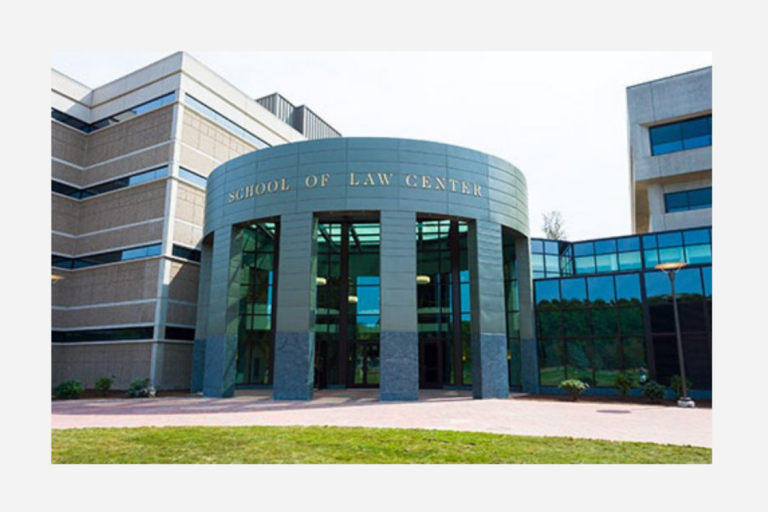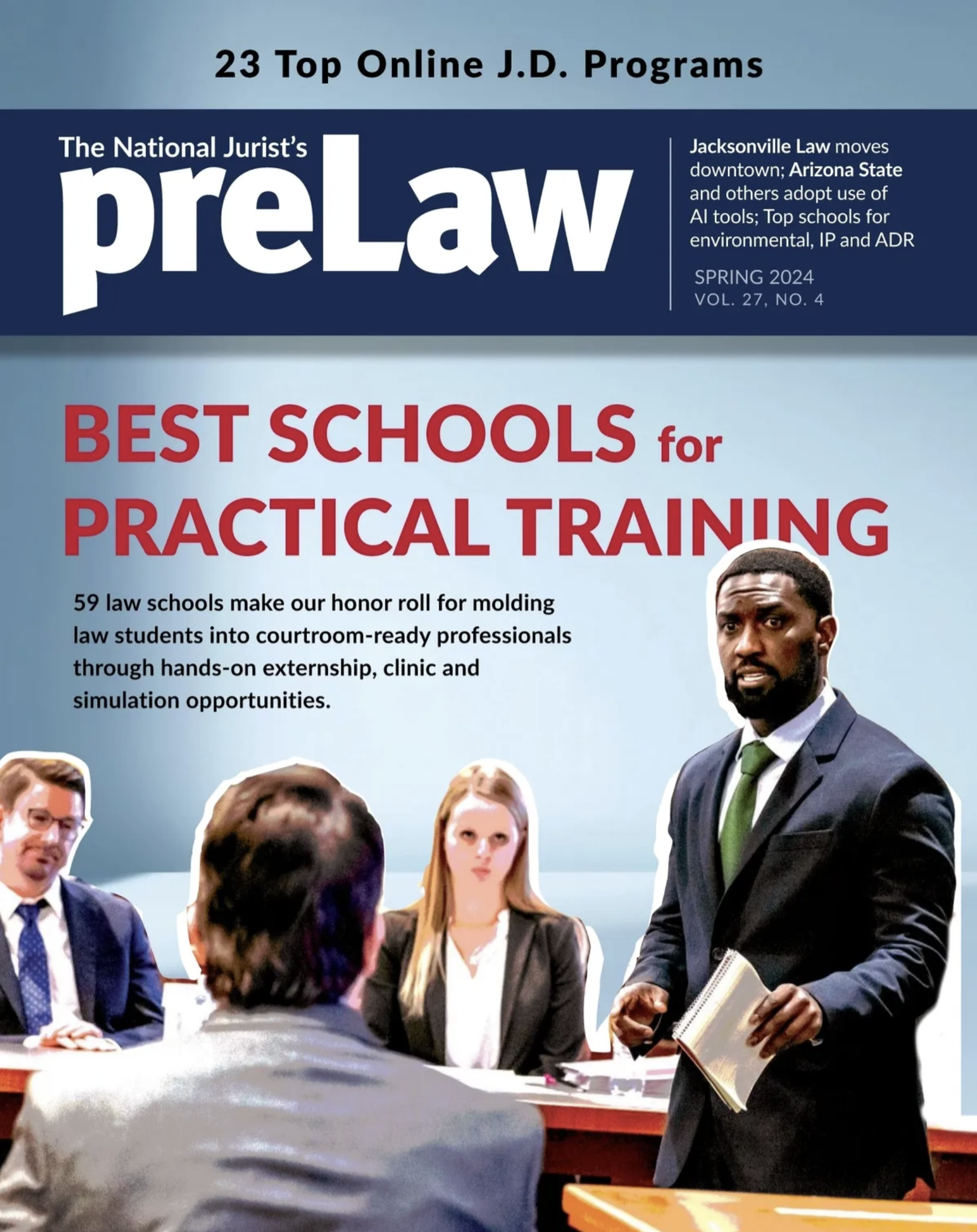Whether you are a freshman or senior in college, it is never too early (or late) to begin preparing for law school applications. Now that school is back in session, here is what you should be doing in the fall semester to prepare for applying to law school.
FRESHMEN
If you are new on campus, but you know you want to go to law school, there are things you can do now to prepare for law school applications. Keep an eye on your grades, and adjust your schedule or get help if necessary. Be sure to check out your school’s prelaw group and introduce yourself to your school’s prelaw advisor.
It is also important to begin researching the law as a career to identify practice areas you are interested in. Find lawyers practicing in an area of law that you might like. Visit them and find out what the field is like. Try to answer questions like:
What is the daily work like?
What are the personalities of people practicing in this area?
What are the issues that attorneys in this field work on?
What kind of things can you hope to accomplish in this field?
Are there jobs available in this field in places you would want to live?
What are the salary ranges?
What kind of organizations would an attorney in this field work for?
Are there challenges that you would enjoy or is the work routine?
For this month, think about what you are looking for in a successful career. What are your personal goals?
Here are your goals for the year:
1. Keep your GPA up.
2. Choose prelaw classes.
3. Make prelaw contacts.
4. Research law as a career.
SOPHOMORES
Real world law experience makes you a stronger candidate. It also helps you understand more about your field, refine your interests, and make possible future job contacts. What is the best kind of experience? Get a very broad exposure to many of the elements of your area of specialty. You can do a series of two-week volunteer stints at different organizations.
Start looking now for agencies, companies, organizations, non-profits, and court jurisdictions that would make up the broadest possible exposure. Next summer may be your only chunk of free time to accomplish these things, as the following summer will be devoted to LSAT prep.
As for researching law schools, hopefully you have completed researching the schools you might be interested in applying to. If not, try to finish your research by November.
Here are your goals for the year:
1. Keep your GPA up.
2. Choose prelaw classes.
3. Research schools.
4. Get practical experience.
5. Plan a major project.
JUNIORS
You should already have completed thorough career research, identified the schools you will apply to, gotten a variety of practical experiences, and possibly started planning for a special project.
For each school you apply to, you will need to talk about why you want to go to that school. The best way to do this is to talk about why you are interested in working with certain professors there. Identify professors whose interests are similar to yours, and find out what these professors are publishing or what projects they are working on.
Next, contact the professor and arrange for a meeting; in person if possible. The main purpose of a personal meeting is so that someone at the school actually knows you. In addition, talking with professors can help solidify your decision as to which schools would be the best. The professor may also give you some insights about the school.
To arrange these meetings, call or email to ask for about 15 minutes of their time. It is not unusual for professors to be very busy, so keep trying!
In the actual meeting, ask the professor about their interests and what projects they are working on. Listen and ask questions. They will probably ask you about yourself at some point. Be prepared to briefly summarize your interest.
Afterwards, be sure to write a thank you note. It will be good to keep in touch with this person periodically.
You should meet at least one and if possible every professor at a school whose interests are similar to yours. You should do this for each school you are serious about.
Arrange meetings for October through December. It’s best not to contact professors during the admission decision period of January through March. You’ll need to have talked to these people before you start on your Personal Statement next summer.
Here are your goals for the year:
1. Keep up your grades.
2. Identify and contact professors whose interests are similar to yours.
3. Complete plans now for visiting your top choice schools this semester and next semester.
4. Arrange brief practical experiences with at least three or four more widely different organizations within your area of interest.
5. Create a finalized plan for a special project.
6. Review LSAT prep options. Applicants to top 10 schools should start prepping now for June LSAT.
SENIORS
Unless you are super prepared now, keep studying for the LSAT and take the December test. Register for the LSAT at the beginning of the fall semester.
Most people should plan to retake the test in February. Several more months of study will give you a higher score. You’ll still need to take the December test to meet deadlines, but you can submit the February score as a supplemental one.
The LSAT is built on hidden patterns. It is possible to improve on the test if you can work with a coach who has extensive experience. Check out our LSAT prep hints on this site.
Personal Statement and Letters of Recommendation aren’t due until February and March. Complete your PS by November if possible. At the very least complete your first draft this month. Ask your Letter of Recommendation writers to get the letters back to you by the end of this month. This gives you time for revisions.
Here are your goals for the year:
1. Register, prepare for and take the LSAT.
2. Take an LSAT prep course.
3. Write your personal statement.
4. Request letters of recomendation.
5. Complete your application well before the deadline.
Sign up to get these planning reminders free at LawTrack, including my free booklet How to Get Accepted to Law School – A Take-Charge Approach.
—
Jay Cutts has been coaching law admissions and LSAT prep since 1990. He is the author of the Barron’s LSAT Prep Book and the creator of STEPS to the LSAT, a highly affordable, advanced self-prep system. He can be reached at orders@cuttsreviews.com. Visit Cutts Prelaw Support.






